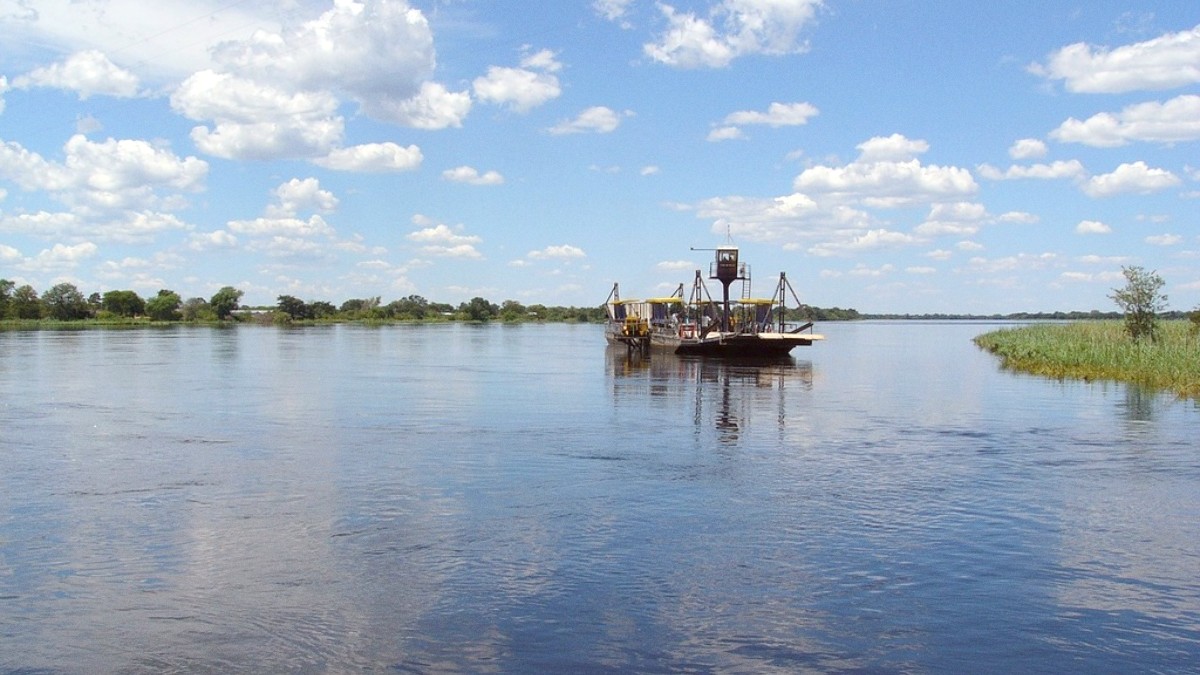
Botswana
Mobile phone signal is very limited or absent in most remote safari camps. Most camps offer satellite-based Wi-Fi, often slow and sometimes costly, usually in central lounge areas. Embrace the digital detox.
Maun, the hub, has typical operating hours for banks, shops, and government offices. ATMs are available there for Botswana Pula.
Politeness is highly valued. A handshake is common, and using Setswana greetings shows respect.
Respectful interaction with local communities is a cornerstone of responsible travel. Modest attire is appreciated outside of safari camps.
If you have specific medical requirements or use mobility aids, discuss these well in advance with your safari operator. They advise on feasibility and required arrangements for your particular situation.
The Delta, an UNESCO World Heritage site, practices a high-value, low-impact tourism model. This approach limits visitor numbers to protect sensitive habitats and preserve the wilderness experience.
Safari camps prioritize waste reduction, recycling, and responsible disposal. Many generate solar power and transport non-biodegradable waste for processing outside the Delta.
Water is a precious resource. Camps employ water-saving measures. Guests are encouraged to take shorter showers and report leaks, minimizing overall water usage.
Many safari operators commit to conservation and run eco-friendly camps. Search for operators who are members of responsible tourism organizations or hold environmental certifications.
Respectful interaction with local communities is for a positive experience.
Avoid any activities exploiting animals. Do not purchase illegal wildlife products. Do not engage in activities harmful to local people or perpetuate exploitative practices. For outdoor gear, consider Patagonia. For reusable items, visit Package Free Shop.
Your travel decisions hold impact for the environment and the people of Botswana. Choose wisely for a meaningful contribution.
In Maun, opt for local restaurants, guesthouses, and shops. This decision directly injects money into the local economy beyond larger safari operators.
If you wish to contribute to local communities, do so through established and reputable local organizations or community trusts. Direct giving to individuals can have unintended consequences.
Choose tour operators that align with responsible tourism principles. Those committed to conservation and ethical practices ensure a positive local influence.
Your choices safeguard Botswana's heritage. Do not purchase illegal wildlife products (e.g., ivory, rhino horn, protected animal skins).
Choosing responsible tourism strengthens local economies and conservation efforts. Your visit leaves a positive footprint on this extraordinary destination.
Conscious decisions enhance your journey and positively impact the environment and local communities.
Engage with locals respectfully. Be open to learning about traditions. Avoid discussing sensitive topics unless invited.
Contribute to conservation efforts by minimizing your personal environmental impact during your visit.
Botswana is a relatively conservative society.
Some lodges or mobile safari operators may close during parts of the wet season (January-March) due to reduced demand, challenging road conditions, or for maintenance.
Choosing responsible tourism strengthens local economies and conservation efforts. Your visit leaves a positive footprint on this extraordinary destination.